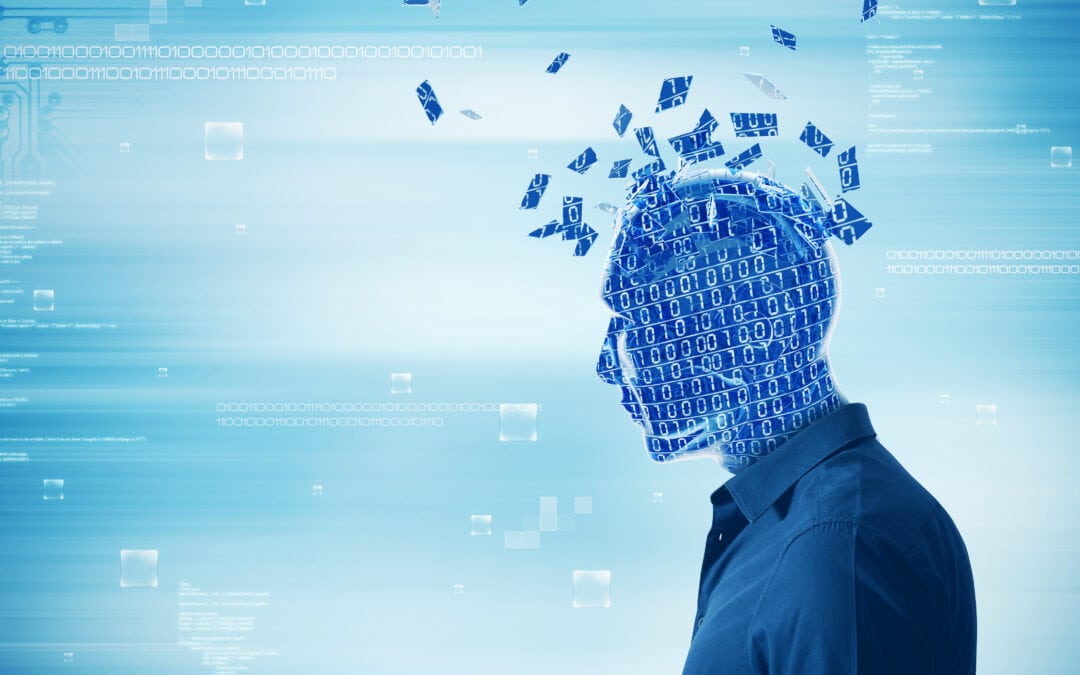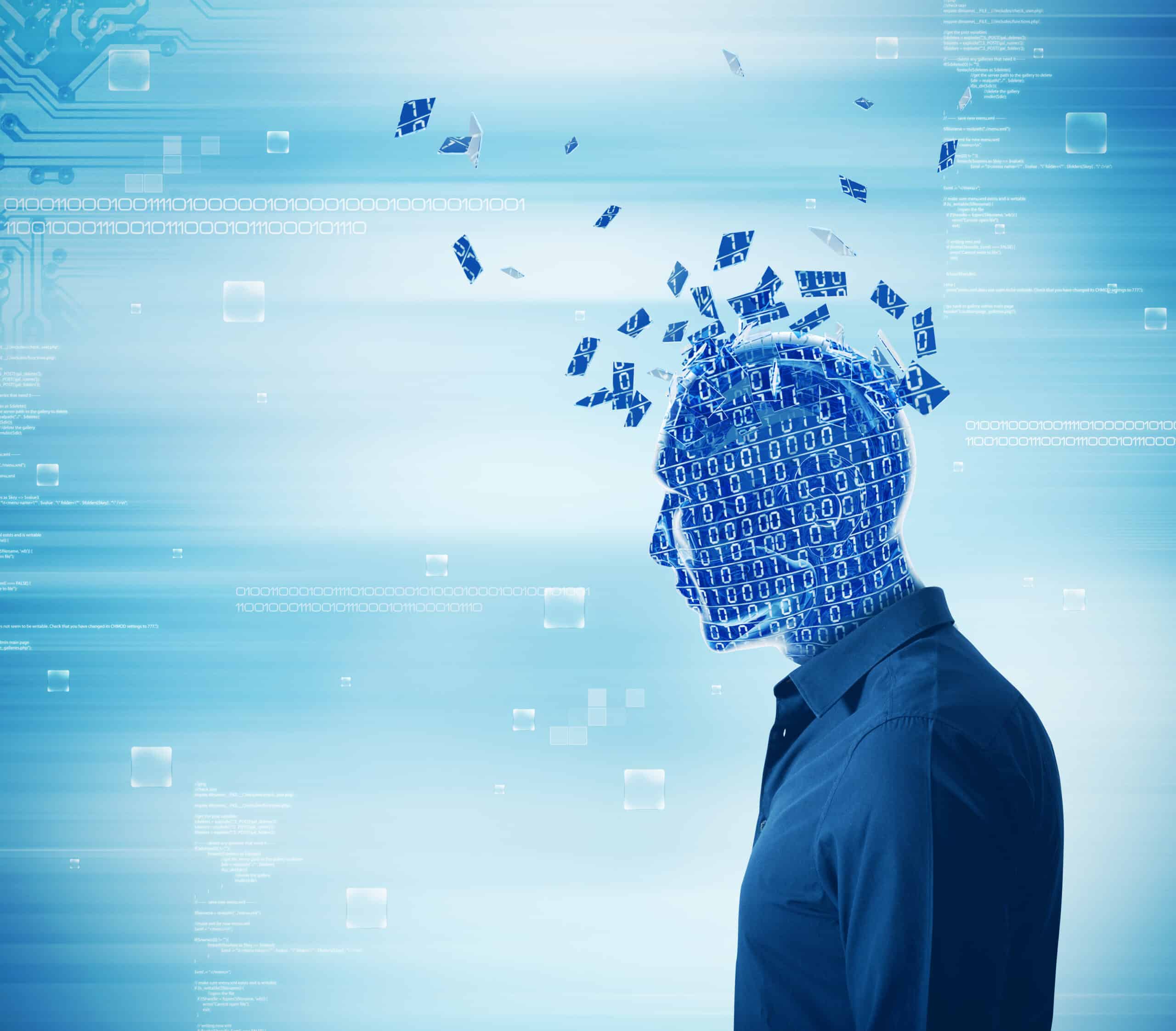This week, AI limitations. How to overcome the unquestionable challenges.
Welcome to The Digital Eye, your weekly roundup of the latest technology news.
Our team of experts have scoured the internet for the most exciting and informative articles so that you can stay up-to-date on all things digital, data, blockchain, AI & analytics.
Featured Article:
We hope you find this information valuable and would appreciate your help in sharing it with others who may also be interested.
Modern machine-learning models, such as neural networks, are often referred to as “black boxes” because they are so complex that even the researchers who design them can’t fully understand how they make predictions.
To provide some insights, researchers use explanation methods that seek to describe individual model decisions. For example, they may highlight words in a movie review that influenced the model’s decision that the review was positive.
Article by @VentureBeat
AI delivers real-time data for smarter farming
“With the right data collection, AI can do the appropriate calculations and optimize these operations, allowing for more precise agriculture and faster decision-making.”
Precision agriculture is all about smarter farming — using technology to help farmers use less to grow more. For example, thanks to remote and smart sensors, drones, GPS sensors and guidance technologies, farms can use less water, land, herbicides and insecticides. The precision farming market is expected to grow from $8.5 billion this year to $15.6 billion by 2030, trending upward thanks to concerns around climate change and farming’s environmental impact.
Solinftec, which provides end-to-end agriculture solutions, announced a $60 million growth investment round today. The company deploys sensors, computers and displays in farm equipment to provide customers with real-time, in-field data on crops, equipment, inputs and weather conditions.
Article by @cnaintelligence
Why AI Can’t Save Us From Ourselves — If Evolution Is Any Guide
Famous evolutionary theorist E. O. Wilson’s reflections help us understand
The late E. O. Wilson (1929–2021) received more than one hundred awards for his research and writing, including two Pulitzer Prizes. As a professor at Harvard University, Wilson influenced generations with his ideas about human evolution and ethics.
In his 2012 New York Times essay “Evolution and Our Inner Conflict,”Wilson asked two key question regarding the problem of evil in our world:
Are human beings intrinsically good but corruptible by the forces of evil, or the reverse, innately sinful yet redeemable by the forces of good? Are we built to pledge our lives to a group, even to the risk of death, or the opposite, built to place ourselves and our families above all else?
Article by @thenextweb
Transparency is the key, but how much is enough?
A team of researchers recently developed an algorithm that generates original reviews for wines and beers. Considering that computers can’t taste booze, this makes for a curious use-case for machine learning.
The AI sommelier was trained on a database containing hundreds of thousands of beer and wine reviews. In essence, it aggregates those reviews and picks out keywords. When the researchers ask it to generate its own review for a specific wine or beer, it generates something similar to previous reviews.
Article by @VentureBeat
Quantum computing promises to solve data centre energy drain
The race is on for companies and countries to deploy quantum solutions to their advantage.
Data centers represent a massive drain on our world’s energy resources and are a major source of greenhouse gas emissions. These computing hubs produce 200 million tons of CO2 annually and consume 2% of electricity worldwide, according to Accenture, which projects that figure will reach 8% by 2030. Aspen Global Change Institute adds that some of the world’s largest data centers use more than 100MW of power — enough to power about 80,000 U.S. households.
The data center as an energy drain became a hot topic in tech and political circles more than a decade ago. At the request of Congress in 2007, the Environmental Protection Agency (EPA) developed a report on server and data center energy use, costs, and efficiency opportunities.
Article by @InfoWorld
Whether we realize it or not, most of us deal with artificial intelligence (AI) every day. Each time you do a Google Search or ask Siri a question, you are using AI. The catch, however, is that the intelligence these tools provide is not really intelligent. They don’t truly think or understand in the way humans do. Rather, they analyze massive data sets, looking for patterns and correlations.
That’s not to take anything away from AI. As Google, Siri, and hundreds of other tools demonstrate on a daily basis, current AI is incredibly useful. But bottom line, there isn’t much intelligence going on. Today’s AI only gives the appearance of intelligence. It lacks any real understanding or consciousness.



